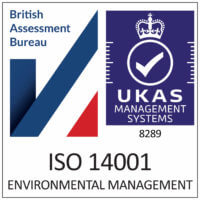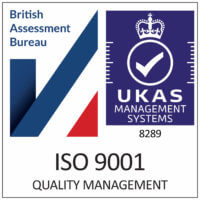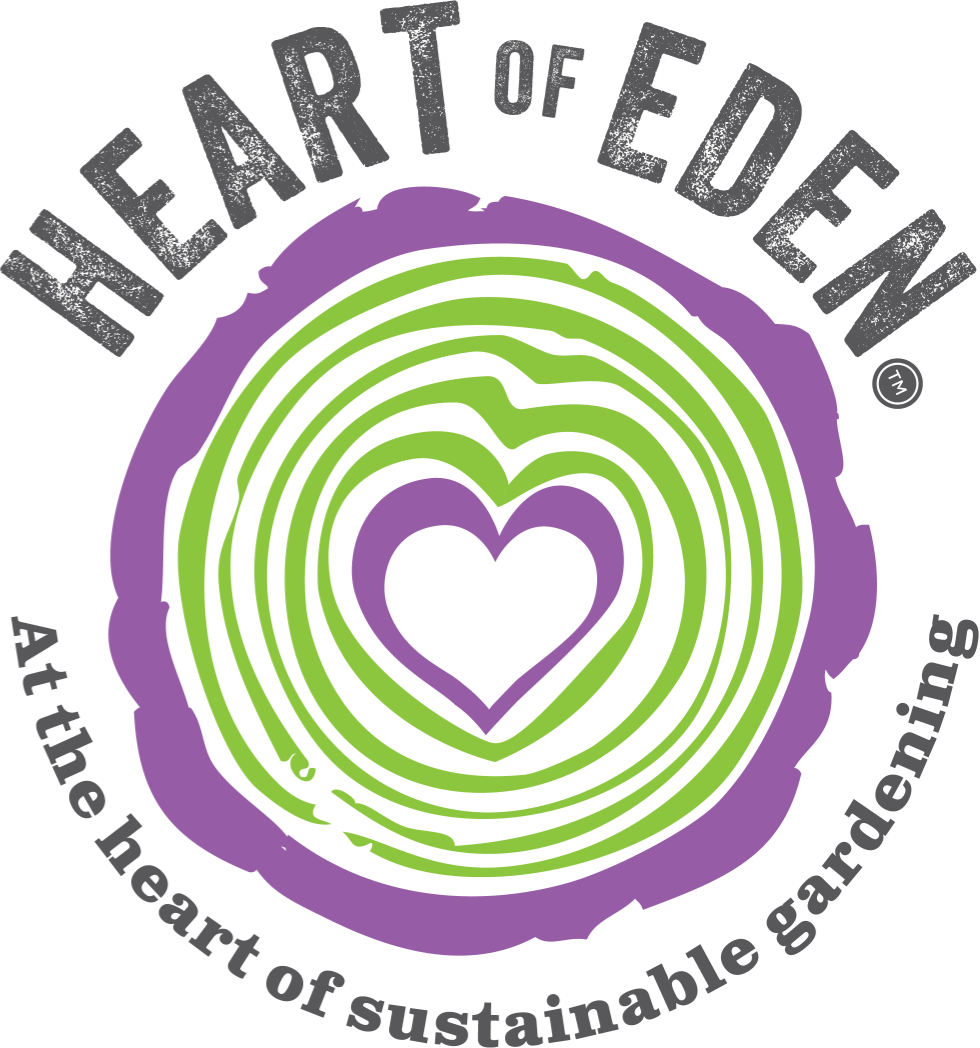Exploring the Benefits of Peat-Free All-Purpose Compost in Permaculture Gardens
Oct 10th 2023
Are you a passionate gardener looking to enhance your permaculture garden? If so, let’s take a moment to explore the incredible benefits of using peat-free all-purpose compost. This article delves into the question of whether peat-free compost can be a valuable addition to your permaculture garden and highlights the advantages it brings to the table. From improving soil health to reducing your ecological footprint, peat-free all-purpose compost has the potential to transform your gardening experience for the better. So, let’s dive in and uncover the wonderful world of peat-free compost!
Benefits of Peat-Free All-Purpose Compost in Permaculture Gardens
1. What is Peat-Free All-Purpose Compost?
When it comes to gardening, finding the right compost is crucial for the health and success of your plants. Peat-Free All-Purpose Compost is a type of compost that is made without the use of peat. Peat is a natural resource that is harvested from peatlands, which are incredibly important ecosystems that act as carbon sinks and support unique biodiversity. By choosing peat-free all-purpose compost, you are making an environmentally-friendly choice that promotes sustainability in your garden.
2. Importance of Permaculture Gardens
Permaculture gardens have gained popularity in recent years due to their focus on sustainable and regenerative practices. Unlike traditional gardening methods, permaculture gardens aim to create a self-sustaining ecosystem that mimics the natural patterns found in nature. These gardens prioritize biodiversity, soil health, and water conservation, making them an ideal environment for growing a wide variety of plants. By utilizing peat-free all-purpose compost in permaculture gardens, you can further enhance the sustainability and resilience of your garden.
3. Environmental Impacts of Peat-Based Compost
Peat-based compost has long been a popular choice for gardeners due to its ability to retain water and provide nutrients to plants. However, the environmental impacts of peat extraction are significant and cannot be ignored. Peatlands, which are the source of peat, are vital ecosystems that sequester large amounts of carbon and support a diverse range of flora and fauna. The extraction of peat for compost releases this stored carbon into the atmosphere, contributing to climate change. Additionally, the habitat destruction caused by peat extraction has a negative impact on the biodiversity of peatlands. By choosing peat-free all-purpose compost, you can help mitigate these environmental impacts and promote the conservation of peatlands.
4. The Transition to Peat-Free Compost
Transitioning from peat-based compost to peat-free all-purpose compost may seem daunting at first, but it is a step towards a more sustainable future. Many gardening centers and nurseries now offer a variety of peat-free compost options, making it easier than ever to make the switch. By gradually phasing out the use of peat-based compost and replacing it with peat-free alternatives, you are making a positive impact on the environment and supporting sustainable gardening practices.
5. Nutritional Benefits for Plants
One of the key benefits of peat-free all-purpose compost is its ability to provide essential nutrients to your plants. While peat-based compost is known for its nutrient content, peat-free compost can offer the same level of nutrition by utilizing alternative organic materials. These materials are rich in nutrients and help promote healthy growth in plants. By providing your plants with a nutrient-rich environment, you can ensure they have everything they need to thrive and produce abundant yields.
6. Enhanced Soil Structure and Water Retention
Another important advantage of peat-free all-purpose compost is its ability to improve soil structure and water retention. Peat-based compost has a tendency to compact over time, leading to poor drainage and reduced aeration in the soil. On the other hand, peat-free compost is typically lighter and more fibrous, allowing for better water penetration and root development. This enhanced soil structure promotes healthy root growth, nutrient uptake, and improves overall plant health. Additionally, the increased water retention of peat-free compost helps conserve water, making it an excellent choice for both arid and rainy climates.
7. Increased Biodiversity and Soil Microorganisms
Permaculture gardens prioritize biodiversity and the promotion of beneficial soil microorganisms. Peat-free all-purpose compost supports this goal by providing an optimal environment for the development of diverse soil flora and fauna. The organic materials used in peat-free compost are teeming with beneficial microorganisms that contribute to soil health. These microorganisms help break down organic matter, release nutrients, and suppress harmful pathogens. By using peat-free compost, you are fostering a thriving ecosystem in your garden, promoting healthy plant growth, and increasing overall biodiversity.
8. Less Carbon Emissions
By choosing peat-free all-purpose compost, you are actively reducing carbon emissions and combating climate change. Peat extraction releases large amounts of carbon dioxide into the atmosphere, contributing to greenhouse gas emissions. By using alternative organic materials in compost production the carbon footprint of the composting process is significantly reduced. Transitioning to peat-free compost eliminates the need for peat extraction and indirectly reduces carbon emissions associated with its production and transportation. This small change in gardening practices can have a meaningful impact on reducing greenhouse gas emissions and mitigating climate change.
11. Conclusion
Choosing peat-free all-purpose compost for your permaculture garden offers numerous benefits for both the environment and plant health. By phasing out the use of peat-based compost and transitioning to peat-free alternatives, you are reducing carbon emissions, supporting sustainable practices, and promoting the conservation of peatlands. Peat-free compost enriches your soil, enhances water retention, and encourages biodiversity and beneficial soil microorganisms. With its increasing availability and comparable cost, peat-free all-purpose compost is a viable and eco-friendly option for gardeners who are committed to creating a sustainable and thriving garden. Make the switch to peat-free all-purpose compost today and join the movement towards a greener future in gardening.






